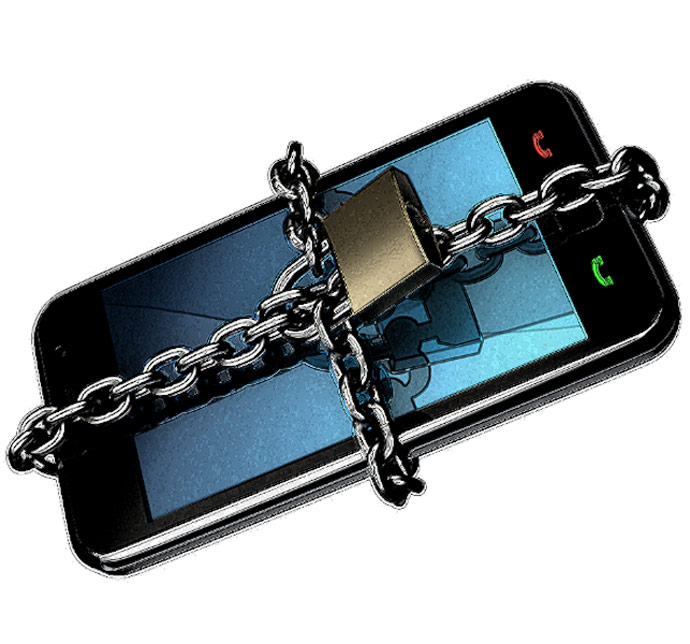The White House Sides With Petition: Cellphone Unlocking Should Be Legal
A petition on WhiteHouse.gov that opposed the Library of Congress’ decision to ban unlocking cellphones reached the 100,000-signature threshold over the weekend. As promised, the Obama administration responded to the petition in a way that surprised many onlookers.
The White House agrees with the 114,000+ of you who believe that consumers should be able to unlock their cell phones without risking criminal or other penalties.”
Some critics have vocalized their displeasure with how the Obama administration has handled consumer and privacy rights. Many thought that the White House would have sided with the Library of Congress, which concluded last October that unauthorized cellphone unlocking violated the DMCA. But R. David Edelman, White House advisor on Internet, innovation and privacy had something quite different to say.
And if you have paid for your mobile device, and aren’t bound by a service agreement or other obligation, you should be able to use it on another network. It’s common sense, crucial for protecting consumer choice, and important for ensuring we continue to have the vibrant, competitive wireless market that delivers innovative products and solid service to meet consumers’ needs.”
Because of the Library of Congress ruling, since Jan. 26 consumers are no longer be able to legally unlock their phones, even for use on another network, without explicit carrier permission, even after their contracts expire.
The ball is now in Congress‘ and the FCC’s court. FCC chairman Julius Genachowski’s initial statements on the matter mirror those of Eldman. “From a communications policy perspective, this raises serious competition and innovation concerns, and for wireless consumers, it doesn’t pass the common sense test.” However, from his perspective, Congress should be the one to handle this change.
But will Congress act? That’s a bit more uncertain with the current partisan atmosphere. To make matters more complicated, the CTIA, the trade group that represents cellphone carriers, supported the Library of Congress ruling and may fight to keep it. Those hoping that the Obama administration could fix this with a simple executive order have been dismayed. But those who can fix this mess have the chance to receive some easy political points and bring renewed hope that people may soon able to legally unlock their phones.
































